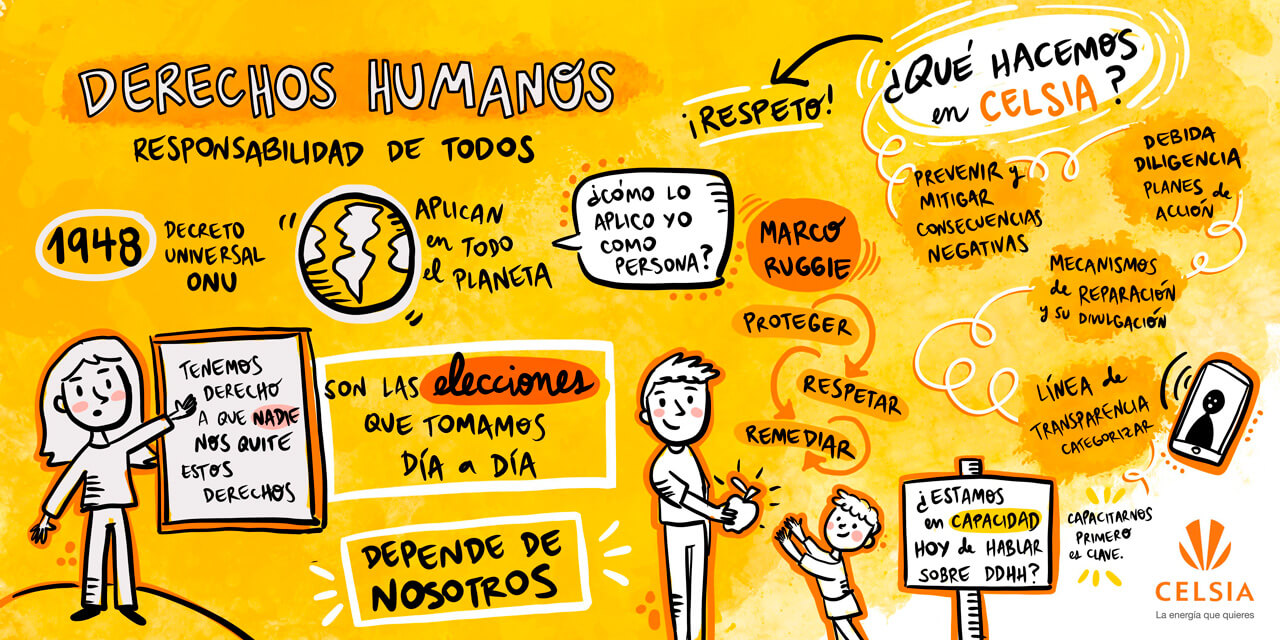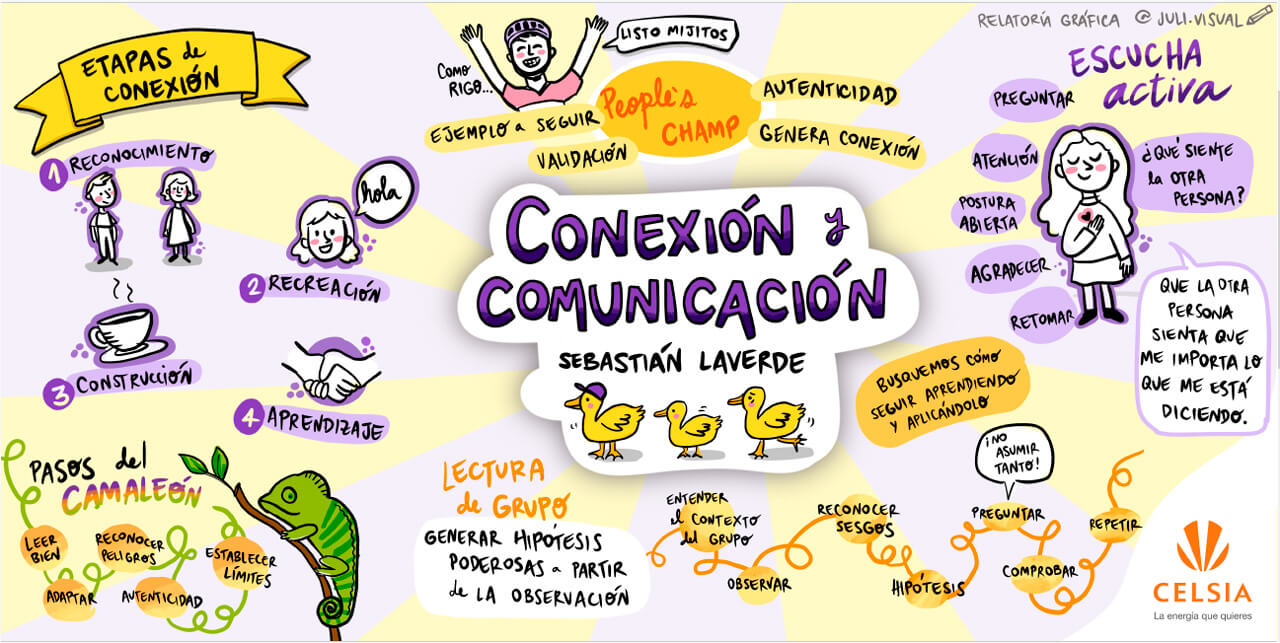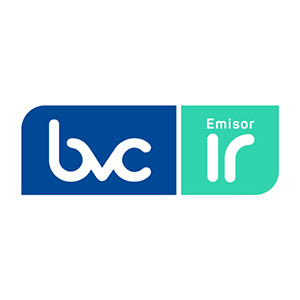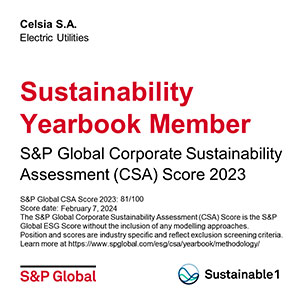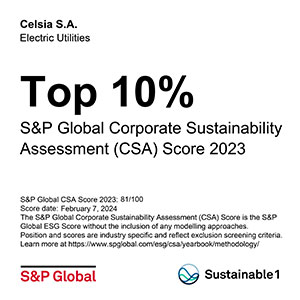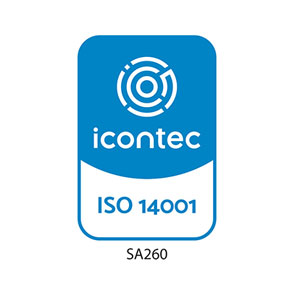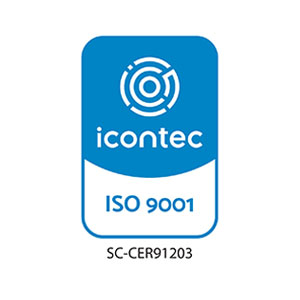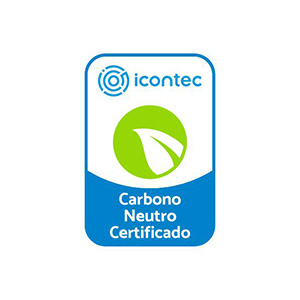At the core of everything we do, in the decisions we make and in the actions we undertake, is respect and the promotion of human rights.
Our Management
GRI (3-3) (2-23) (2-24) We are committed to and prioritize respect for human rights in all operations and business relationships. This guides our actions towards stakeholders, the value chain, the way we achieve results and the company’s sustainability. We promote, respect and value:
- Free and voluntary work.
- Health, protection and safety in the company.
- Education and development of children and youth.
- Freedom, equality and non-discrimination.
- Freedom of association and collective bargaining.
- The right to equality at work.
- Decent working conditions.
- Gender equality.
- Family life.
- The right to privacy.
- The rights of all ethnic communities.
- The right to a healthy environment.
To ensure this, we have implemented a due diligence process that includes these actions:
We identify, evaluate, prevent, monitor and report the risks of human rights (HR) violations the company may face. This process is carried out through the Comprehensive Risk Management System (CRMS), which allows us to establish action plans when there is a moderate, high or critical risk. This process includes identifying and evaluating risks in:
Suppliers and contractors
Business partners and other partners
Joint ventures
Our own operations
Corporate affairs:
Communications. Celsia Foundation. Socio-environmental management.
Human talent:
Administrative services. Technology. Solutions for employees. Organizational development. Occupational Health and Safety. Resource protection.
Generation:
Hydroelectric generation plants. Wind generation plants. Thermal generation plants.
Commercial:
Business processes. Customer service
This exercise is carried out periodically for it to always be updated and reflects Celsia’s reality in terms of geographies, partners, stakeholders and other variables that may change the results of due diligence.
Among the Human Rights we take into account when identifying and evaluating risks, are:
- Decent workplace conditions.
- Occupational Health and Safety.
- Practices or modalities of forced or compulsory labor.
- Human trafficking.
- Child labor.
- Freedom of association.
- Right to collective bargaining.
- Equal pay.
- Discrimination.
These actions have allowed us to take a broad look at the possible impacts and potential risks related to Human Rights that could affect Celsia and our stakeholders, such as:
Communities in the area of influence, including the indigenous population.
Suppliers and contractors
Employees
Women and children.
We have a Human Rights (HR) Policy approved by senior management, which establishes the company’s commitment to prevent, respect and promote human rights in all operations. This includes requirements for our own operations and those of suppliers and business partners, as well as specific actions to meet these requirements.
We include Human Rights clauses in contracts and agreements with suppliers and business partners. These establish their commitments regarding Human Rights. In addition, we evaluate their compliance in operations, their value chains and joint ventures.
We develop HR for employees, contractors and prioritized suppliers. This training focuses on the United Nations Guiding Principles on Business and Human Rights, due diligence, and business commitment and responsibility. The objective is to provide them with the knowledge and tools necessary to manage human rights in their work.
We constantly communicate with internal and external stakeholders regarding management in Human Rights (HR) matters. We do so through a variety of media, such as newsletters, the Integrated Report and the website.
We have the transparency hotline that receives confidential information about any alleged breach of the Code of Business Conduct, as well as business ethics violations, including possible reports related to Human Rights.
How we Manage our Impacts
GRI (3-3) (2-23) (2-24) (2-25) (2-29) We recognize that people are the central axis of all our strategies. For this reason, we prevent and mitigate all negative impacts that our operations may have on Human Rights and the environment.
We treat our employees with respect and dignity through a safe, healthy work environment that is free of discrimination. We support transparency in this relationship and promote inclusion and diversity, ensuring the right to equal opportunities, non-discrimination and freedom of thought, culture, religion and political ideology.
We develop strategies to relate to communities and guarantee the mechanisms and spaces for their quick and adequate information, participation and consultation with respect to matters arising from our operations and the development of new projects that could affect them positively or negatively.
We support our suppliers to contribute to their growth and contribute to the development of our areas of influence by hiring local suppliers.
The health and safety of our employees and contractors is our priority. We work to strengthen awareness of self-care and avoid accidents with the program: “I Choose to Take Care of Myself.”
We comply with our Human Rights Policy and the due diligence process, and we facilitate two-way communication channels, such as the transparency hotline. In addition, we provide our employees with tools to identify and manage risks associated with this issue.
Main Results
GRI (3-3) We continuously carry out our Human Rights due diligence process. In addition to this, we highlight the following milestones for 2023:
We were part of the Triangular Cooperation project “Lessons Learned from the Private Sector in Colombia, Mexico and Germany on respect for Human Rights in Supply Chains” led by the Colombian German Chamber of Industry and Commerce (AHK, for the Spanish original) and the Mexican German Chamber of Industry and Commerce (CAMEXA, for the Spanish original). The project sought to transfer and consolidate good practices in respect for human rights, business integrity and due diligence in the private sector supply chains of Colombia, Mexico and Germany, whose target audience is small and medium-sized companies (SMEs) from different economic sectors. We train to support our suppliers and contractors in their Human Rights management.
We evaluate our joint ventures to identify their states of maturity with respect to their management on the following fronts:
- Commitment to respect for Human Rights.
- Supply chain management processes.
- Due diligence in Human Rights.
- Care and remediation channels.
We held a socio-environmental meeting on Human Rights. The session included Celsia employees in charge of social, environmental, sustainability, foundation, legal, and communications management, among others. This space was held around three moments, and we obtained a graphic report with the main conclusions from each one.
Swipe sideways for additional details
Human Rights and Business
A section was dedicated to telling the story of Human Rights and why respect for Human Rights is vital, and we focused on what responsibilities we have as a company on the matter. In addition, we emphasized our process to address possible cases of violations through our transparency hotline.
Training in the Escazú Agreement
- Harmonizing the evaluation process of the authorities and the knowledge of the communities.
- Completing the construction of preventive spaces to avoid reaching judicial scenarios.
- Some provisions of the agreement could lead to divergent interpretations and litigation, causing reprocessing.
Relevant Fact
We believe in diversity, and above all in being an engine of change, among ourselves and for society.

Relevant Facts
We believe in diversity, and above all in being an engine of change, among ourselves and for society.
Human Rights (HR): Standards that recognize and protect the dignity of all human beings without any distinction.
Stakeholders: A group of people who are part of the organization, and others with whom various relationships are maintained. Receiving and managing their suggestions, comments and expectations is essential to achieve the organization’s strategy. Employees, suppliers, communities and customers are some of our main stakeholders.
Vulnerable groups: Groups or communities of people who are in situations of risk or disadvantage, such as: children, immigrants, ethnic communities, women, religious groups, people with functional diversity, LGBTI, among others.
Transparency hotline: Our hotline for personally or anonymously reporting improper actions or violations of the policies established in the Code of Business Conduct.
Prior consultation:A fundamental right materialized through a procedure, through which the State guarantees the representative authorities of ethnic communities participation and access to information about the projects, works or activities that are intended to be carried out in their territory, as long as they are likely to affect them directly and specifically.
Due diligence in Human Rights: A continuous management process a company must carry out according to its circumstances, to assume its responsibility to respect Human Rights.
The process involves:
- Having a political commitment to respect Human Rights.
- Identifying and evaluating negative impacts on operations and business relationships.
- Stopping, preventing and mitigating negative impacts.
- Monitoring Human Rights management.
- Communicating and raising awareness among stakeholders about the impacts.
- Making reparations when necessary.

